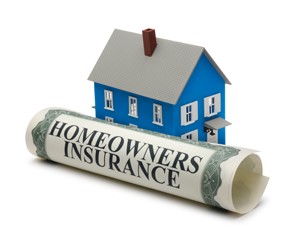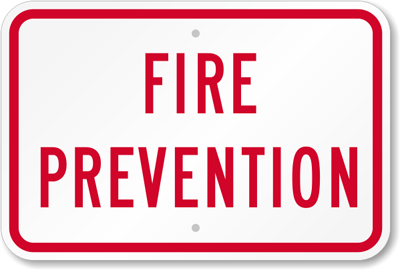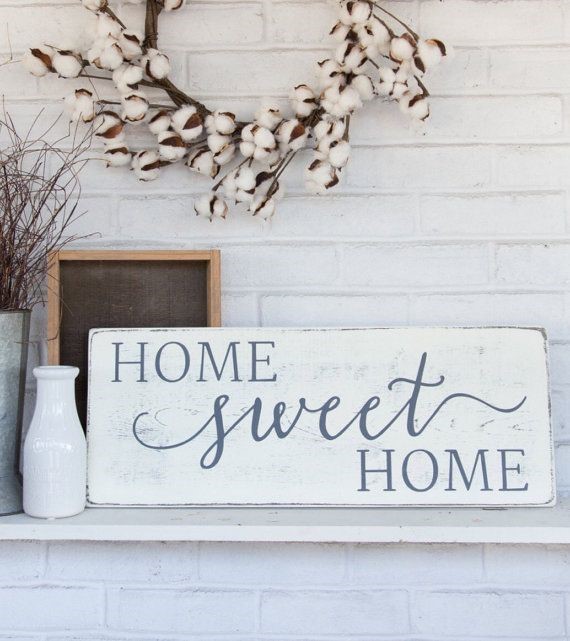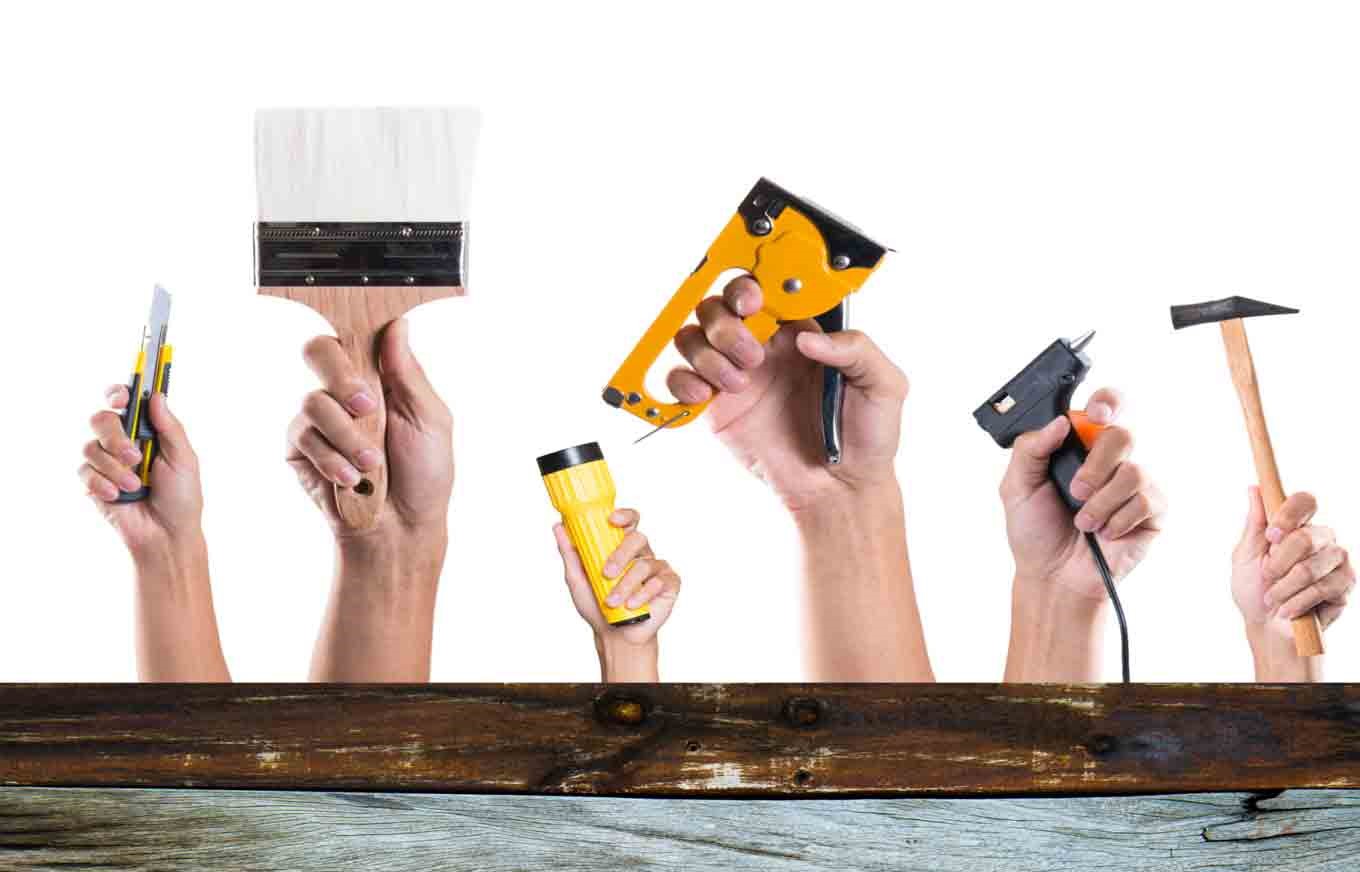A Guide to Saving Money on Your Electric Bill

With the many expenses of being a homeowner, we all want to cut back where we can to lower costs. There are several ways to save on your electric bill. Try these tips and you’ll find a lower bill in your mailbox next month!
- Get an Energy Audit - Check and see if your utility company offers a free home energy audit. If so, it’s well worth it to have them come out. They can point out areas where you can trim your energy use. Home Energy Audit
- Install Dimmer Switches - Dimmer switches will allow you to only use as much light as you need. How to Install a Dimmer Switch
- Keep Your Fridge & Freezer Full - The food that you store in your fridge and freezer serves as insulation, so the more you have in there, the less your appliance must run to keep itself cold.
- Install Ceiling Fans - If you keep the air circulating in your home, your AC will not have to work as hard to keep the house cool.
- Line Dry Your Laundry - Let Mother Nature dry your clothes for you on warm, sunny days. When that is not possible, try using a drying rack indoors.
- Eliminate Phantom Loads - You may be shocked to know that about 75% of the energy used by home electronics is consumed when they are turned off. Some examples of these “phantom” users are: televisions, CD players, computers, and various kitchen appliances. The simple solution is to plug these items into a power strip and then turn the power strip off when not using them.
- Install an Attic Fan - An attic fan will pull cool air into your home, and help to remove hot air.
- Shield Your Home from the Sun - You can cut down on air conditioning use by closing your curtains and blinds on the sunny side of the house. You may also want to consider planting trees that will provide shade during the sunny times of the day.
- Schedule Yearly HVAC Maintenance - Having your HVAC inspected and cleaned each year will save you money in the long run…and it will help provide cleaner air to your home.
- Change Your Filters Regularly - Filters should be changed every 30 days to keep your HVAC running at peak efficiency.
- Switch to LEDs - LED light bulbs use 90 percent less energy than incandescent bulbs. Switch out the bulbs you use the most in your home and then change the rest as they burn out.
- Lower the Temperature of Your Hot Water Heater - 13% of your home’s energy goes to heating water. You can lower this percentage by setting your hot water heater to 120 degrees. What's the Best Temperature for Your Hot Water Heater?
If you are in the market to buy or sell a home, let Sandra Nickel and her Hat Team of Professionals assist you with all your real estate needs! Call them today at 334-834-1500!
Photo Credit: upmatters.com



















